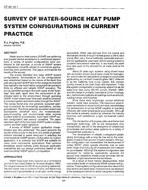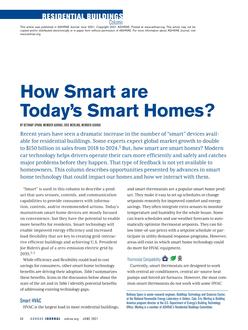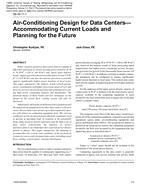Nosocomial fungal infections are often linked to construction activities in hospital settings. Aspergillus is a ubiquitous opportunistic fungus that can cause invasive infections in immunosuppressed patients. A proactive environmental monitoring and construction containment program was put in place to safeguard patient health during a large-scale hospital renovation project that involved the demolition of a building adjacent to air intakes to the children’s oncology unit. The environmental monitoring program involved three parameters: particulates, viable fungi, and fungal spores. Real-time particulate monitoring was conducted as a leading indicator of contamination with immediate results allowing for implementation of rapid action measures. Viable thermophilic fungi and fungal spore monitoring was conducted to confirm or rule out contamination. Fungal spores were highly correlated with particulate measurements, indicating that suspended particulate monitoring is a good indicator of potential contamination. A modified Wells-Riley equation was used to assess the risk of indoor airborne transmission of Aspergillus at concentrations detected in our sampling.
Paper from IAQ 2004 — Critical Operations: Supporting the Healing Environment Through IAQ Performance Standards
Units: SI
Citation: IAQ Conference: IAQ 2004
Product Details
- Published:
- 2004
- Number of Pages:
- 7
- File Size:
- 1 file , 250 KB
- Product Code(s):
- D-22536


